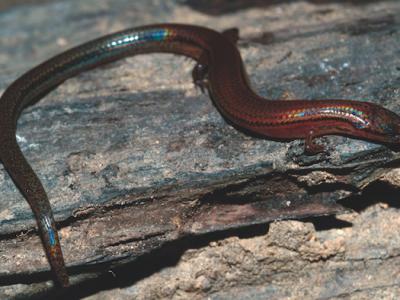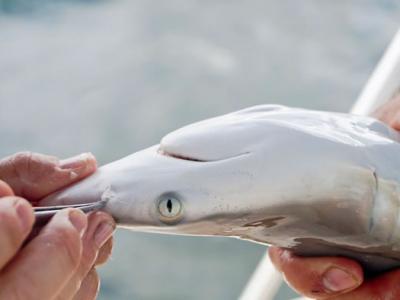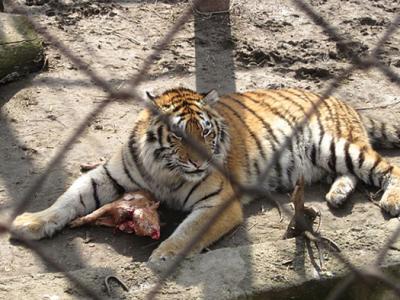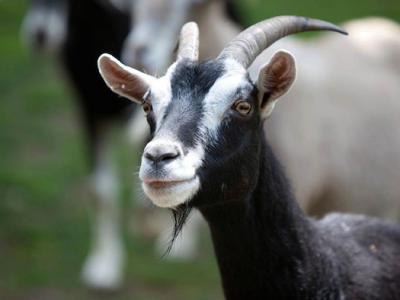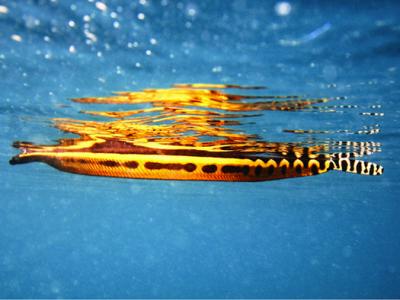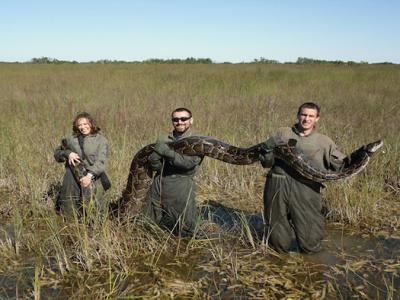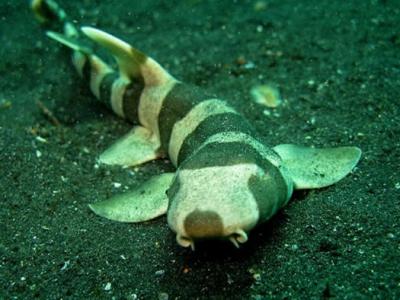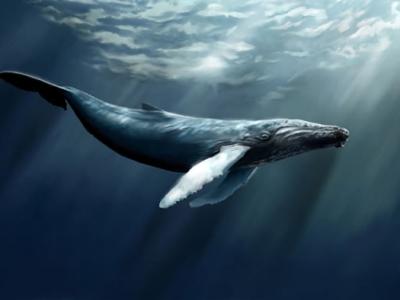Killer Whales on Valium: Common Practice?
An orca at SeaWorld watches a photographer from underwater.
A killer whale in performance at SeaWorld.
Valium was given to whales at SeaWorld to keep them calm, court documents reveal, but use of such benzodiazepine drugs on marine mammals is not always illegal and turns out to be very common at both aquariums and rescue facilities, a Discovery News investigation has found.
A "Clinical Notes Report" presented to the Ontario Superior Court of Justice in a case between SeaWorld and Marineland documents that a veterinarian at SeaWorld gave diazepam (Valium) to at least three orcas in 2006 in order to control their behavior. The vet mentions that "we will try to mellow him," in reference to a male orca named Ikaika.
In response, SeaWorld sent the following statement to Discovery News:
"Benzodiazepines are sometimes used in veterinary medicine for the care and treatment of animals, both domestic and in a zoological setting. These medications can be used for sedation for medical procedures, premedication prior to general anesthesia, and for the control of seizures. The use of benzodiazepines is regulated, and these medications are only prescribed to animals by a veterinarian. Their use for cetacean healthcare, including killer whales, is limited, infrequent, and only as clinically indicated based on the assessment of the attending veterinarian. There is no higher priority for SeaWorld than the health and well-being of the animals in its care."
SeaWorld is a member of the Association of Zoos & Aquariums (AZA), a non-profit organization that accredits zoos and aquariums. AZA spokesperson Rob Vernon said that use of benzodiazepines on animals requires a Drug Enforcement Administration (DEA) certificate under the federal Controlled Substance Act.
"The Animal Welfare Act and associated regulations require veterinary care for covered species, which includes marine mammals," Vernon added, mentioning that there are other mandates established in the Animal Medicinal Drug Use Clarification Act of 1994.
While it might seem surprising that captive marine mammals can receive Valium and other benzodiazepine drugs, there are instances when the drugs may benefit both the animals and their caretakers.
Shawn Johnson is director of veterinary science at The Marine Mammal Center in California. The center is a nonprofit veterinary research hospital and educational center dedicated to the rescue and rehabilitation of ill and injured marine mammals – primarily elephant seals, harbor seals, and California sea lions.
Johnson told Discovery News that Valium is used at the center to calm down animals such as 500-pound sea lions that are "otherwise unsafe to handle during exams" and "small rescued harbor porpoises that are often really hyper" yet in need of immediate medical attention.
The tranquilizers can help prevent the animals from suffering stress-induced heart attacks or even injuring themselves, he said. They also help to safeguard vets and others who must work with the animals until the marine mammals are well enough for release.
"We do not use benzodiazepines over long periods of time," Johnson said, mentioning that the drugs can be addictive. "Dose ranges vary, depending on the species."
SeaWorld's Ikaika, unlike rescued animals, was born in captivity at the theme park. Jared Goodman, director of animal law at PETA Foundation, told Discovery News that diazepam was given to this orca and the others at SeaWorld "as a result of aggression due to a seriously unnatural grouping of orcas."
He explained that Ikaika was attempting to breed with his half-sister (Nalani, "who is the first inbred orca at SeaWorld," he said) when Nalani "was only days old." He added that the mother of both, named Katina, gave birth to Nalani after breeding with Taku -- her own son -- at the park.
Goodman contends that Animal Welfare Act guidelines concerning captive marine mammals are "very minimal and are not sufficiently enforced," and that marine mammals should not be kept in captivity "just for our entertainment."
At least it appears that benzodiazepine drugs are no longer being given to Ikaika, now at SeaWorld in San Diego, to prevent aggression. David Koontz told Discovery News that "none of the killer whales (orcas) at SeaWorld San Diego are on these medications."(Apr 4, 2014 09:00 AM ET // by Jennifer Viegas)


